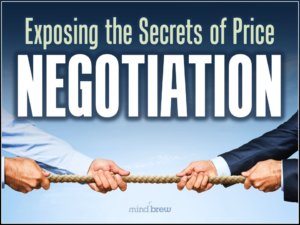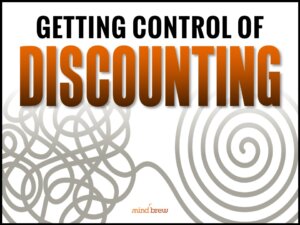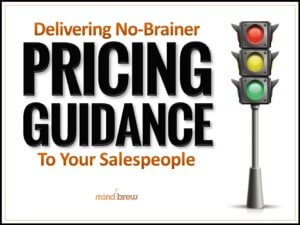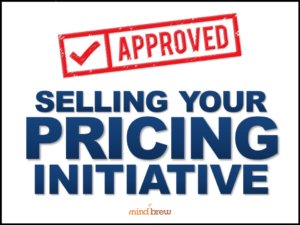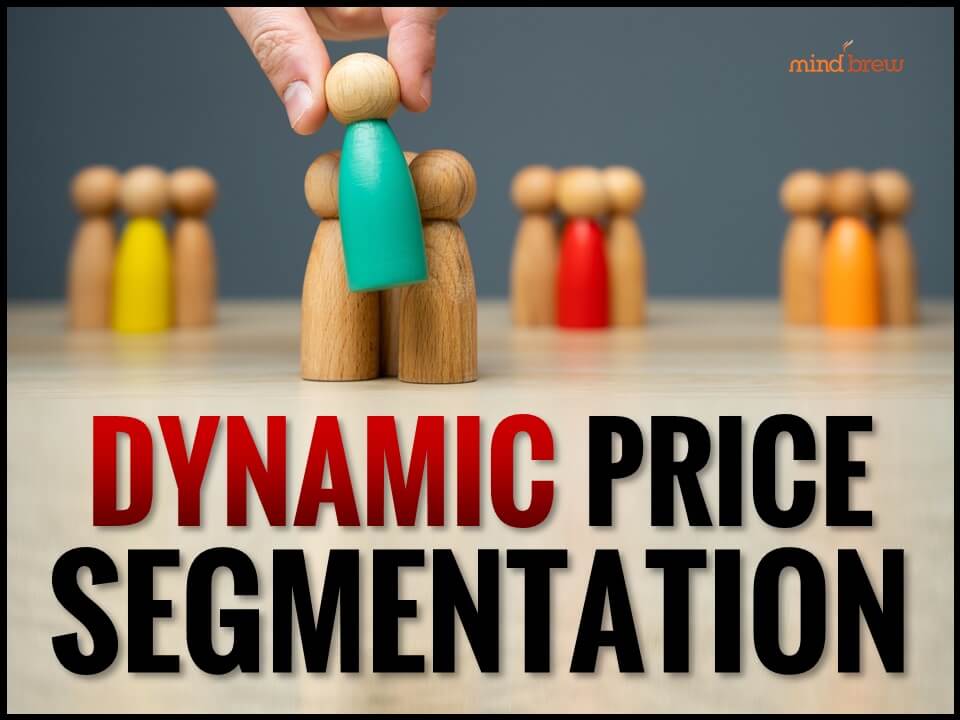You might not realize it but, forged artwork is astonishingly common. In fact, Thomas Hoving, former director of the Metropolitan Museum of Art, says that about 40% of the fine art for sale at any given time is fake.
How is it possible that wealthy, knowledgeable people are buying and selling so many forgeries?
If you think about it, the art world doesn’t have a lot of incentive to point out the fakes. Someone who bought a forgery doesn’t want to know it’s a forgery — that would instantly devalue their purchase. The people who created or sold the fake art obviously don’t want anyone to know. And even the experts who are sometimes called in to evaluate art have reasons to hesitate. They often don’t want to undermine colleagues who have come to different opinions without definitive proof, and they have a vested interest in making sure the art market remains vibrant.
A similar principle is at play when it comes to the negotiation abilities of salespeople. Most of the people involved don’t want to admit that a particular salesperson might be a less-than-stellar negotiator. A lot of factors play into these evaluations:
- Confirmation Bias: If a salesperson wins a deal, they have little incentive to believe that they could have gotten a better price. And if they lose a deal, it’s all too easy to blame it on factors outside their control. They really don’t have any reason to admit it might have been their negotiation skill (or lack thereof).
- Negative Consequences: Just as an art collector may avoid scrupulously verifying the authenticity (and bad investment) of some art they purchased, salespeople may fear the professional consequences of revisiting a negotiation. Salespeople may prefer to live in blissful ignorance rather than confront a harsh reality.
- Outmatched Expertise: The greatest art forgers are amazing artists in their own right — many spend decades honing their skills. In the same way, a great buyer will spend years perfecting their negotiation skills. This isn’t just a matter of opinion — studies show that salespeople are often outmatched by professional buyers when it comes to negotiation skills and training.
- Challenges of Verification: Even if a salesperson wanted to entertain the idea that they could have done a better job at negotiation, it’s often very difficult for them to know for sure. A customer is unlikely to admit that they would have paid more after the deal is done.
So is it hopeless?
Of course not. While these challenges are significant, you can overcome them. Here’s how:
First, if you are in a leadership role, you can help create a culture where the sales team can admit to failure without fear of backlash. The requires a commitment to honesty and a willingness to allow team members to make mistakes and learn from them.
But even if you aren’t in charge, you can suggest or implement negotiation training for the sales team. Just a small amount of training — like PricingBrew’s webinar Exposing the Secrets of Sales Negotiation. Plus Getting Control of Discounting can help the pricing team gain more control over discounting in the field without alienating the sales team.
You can also use the data at your disposal to identify and guide the sales team exactly how to negotiate with deal-specific prices. Again, the goal here is not to point fingers but to figure out how the organization can improve. If that idea sounds intriguing to you, Delivering No-Brainer Pricing Guidance can get you started.
Art buyers have unknowingly paid millions upon millions for forged artwork. Make sure your company isn’t unknowingly losing similar sums due to poor negotiation skills.

